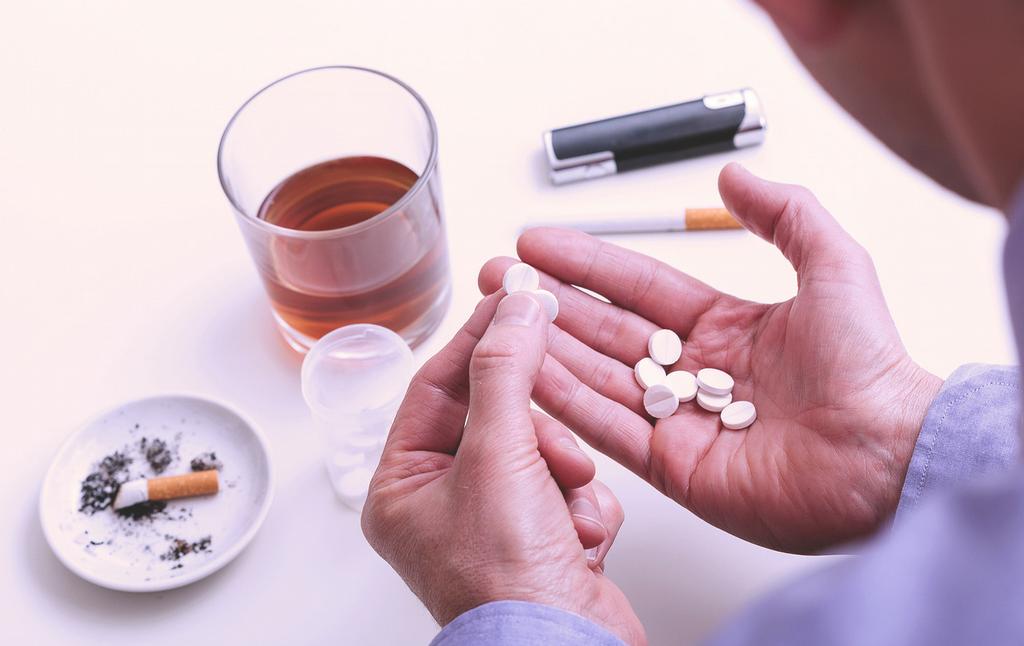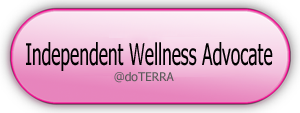Addiction; I cringe when I hear this word. It is probably because most of my family is either addicted to or recovering from drugs or alcohol. It hurts my heart. I’m also immensely proud of my family members who are living the life of recovery. So, when Karen Clemenson from Wellness Works NW asked me to do some research about wellness for those suffering from addiction I jumped at the chance to know more. I was fascinated in my research how eating well and movement impacts the recovery of the addict. I was surprised because I have seen the rehab therapy TV shows where the addicts with big bags of candy and caffeinated drinks are working The 12 Steps. You never see them exercising or even eating well. From what I have read it is important for those recovering from drug and alcohol addiction to eat a diet rich in protein and high in the good kinds of carbohydrates. When they eat this way, their cravings become less. Eating this way helps them rebuild the amino acids they have lost because of their addiction.
Addicts are extremely low in two amino acids: Tyrosine and Tryptophan. While people are using alcohol or drugs, these substances prevent their bodies from absorbing important vitamins. Tyrosine is used in the body to help our bodies remain mentally alert. Tryptophan is used by the body to help us sleep.
Not only does being addicted to these substances affect our relationships and lives, now we know how using drugs and alcohol affects our body. It takes time to rebuild habits, to change the patterns of answering physical need for substances we are addicted to, or to turning to a substance when we feel depressed, lonely, abused, or any emotional disturbance that triggers that desire for what we are addicted to.
Here are my tips if you are a recovering addict and are seeking wellness:
- Eat a diet rich in protein and high in carbohydrates that gives the body back the amino acids Tryptophan and Tyrosine. Because this will make a difference in your cravings for the alcohol and drugs. It won’t stop them, but it will help. Especially during the initial recovery, good nutrition is important. Food affects our mood. Many fruits and vegetables are natural forms of amino acids. Explore the produce section and find some of your favorites or pick up a new one to try.
- Move your body. Exercise helps your brain and it helps detour cravings too. Plus, you will feel good knowing that you are helping your brain and getting rid of the old habits. Exercise helps with depression, anxiety, and many other things that cause one to turn to alcohol and drugs. Moving helps us all with the connectors in our brains that help us build new habits.
- Journal. Take the time to write out what you are feeling, your goals, accomplishments, and proud moments. That way when you are feeling like you need a fix, you can look back on them and see the progress you are making. Building new habits takes time. And I know for me, I get discouraged. I need reminders of how far I have come. Reading my journal has stopped me from making some mistakes.
- Eliminate or minimize the sugar in your diet. Sugar acts like a drug in the brain. But if you eat good carbs, such as fruit, whole grains, and leave out the white sugar stuff your cravings will be reduced greatly. Also be aware of the hidden sugars in the process stuff that you buy. Sugar comes in many different names, learn them.
It’s important to get the support you need. Karen Clemenson at Wellness Works NW will be a great support. There is also many support groups that you can join in the Cowlitz County areas for wellness and addiction. Check them out.
Here are the links for where I got the information for my article.
- Tryptophan Amino Acid Rich Food List
- Tyrosine Rich Food List
- Cowlitz County Addiction Community Resources
- Addiction Recovery through Wellness at Shatterproof.org
- Diet & Exercise During Recovery at Rivermendhealth.com
- Nutrition Information at Alcoholics Victorious
Jamie Holloway lives in the Portland, Oregon area. Since October 2011 she has been sharing her Journey Toward Health and Wellness with Vasculitis through her blog at JamieChasesButterflies.com. As most of her articles will be about Men’s Health, Jamie intends to write her articles as though she was sharing important information with her brother, nephews and friends. This article was originally written for Wellness Works NW. We hope you are as inspired as we are with the raw candor Jamie uses in her writing.
For more information Contact Jamie.







 Please wait...
Please wait...